At Any Cost: An East European Immigrant’s Plight
Land der Berge
Olga Kosanović sheds light on an immigrant’s reality in present-day Austria, a land where an Eastern European individual is forced to, figuratively speaking, move mountains to endure.
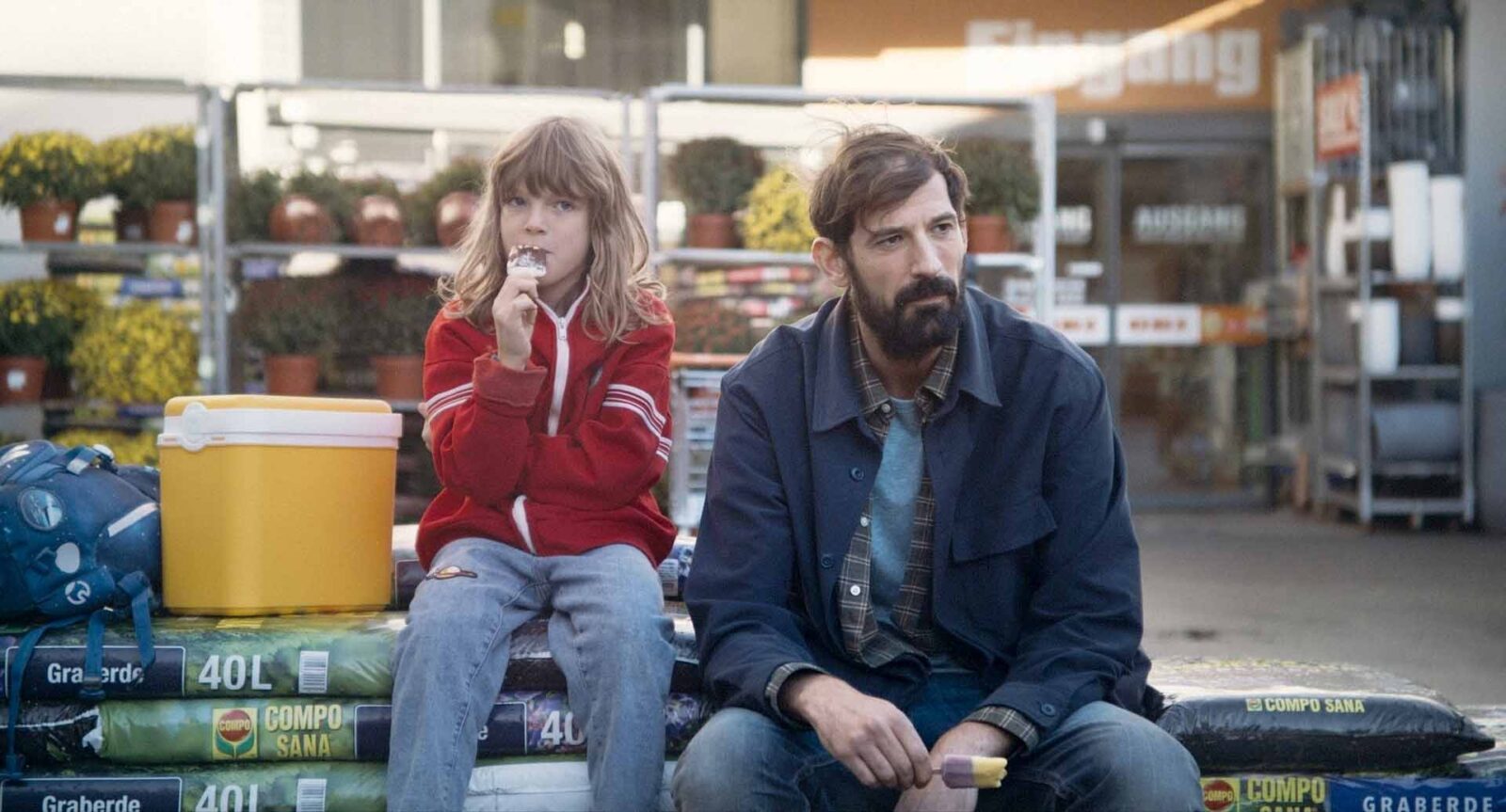
It takes me more than a minute to gather myself after watching Olga Kosanović’s latest film, showcased in the European Competition at the Kortfilmfestival Leuven. The title Land der Berge (or Land of Mountains), a phrase borrowed from the Austrian National Anthem, perhaps encapsulates the film most aptly: we are transported to an immigrant’s reality in present-day Austria, a land where an Eastern European individual is forced to, figuratively speaking, move mountains to endure. For me, a Lithuanian film critic residing in the West, this feels like a long-awaited encounter.
As the opening tracking shot of the film follows a slender male figure awkwardly lurching through an urban landscape, the off-screen voice impassively lays out the definition of an accident in legal speak: “The following events are considered to be [an accident]: drowning, death from frostbite, death from suffocation, burns, scalding…” The list goes on, and I get a sense that something ominous is about to take place. That is how we meet the film’s protagonist, single father and Serbian immigrant Vladimir Terzić, who finds himself in an insurance agent’s office, inquiring about compensation sums. Possibly a bit too on the nose if you’re planning an insurance scam.
Land der Berge slowly unveils the character’s motivation for considering such an elaborate and perilous endeavour, shedding light on the challenges posed by the present-day regulations within Austrian immigration legislation. We start to grasp the stakes as Vladimir needs 8400 euros to secure a residence permit or his family of two will not be able to stay in Austria much longer. The man is left with a conundrum: how can he get the money without proper papers? There are sequences to tease us before suggesting an answer. Vladimir takes his young daughter Marina to the supermarket; they stop for ice cream. This moment serves as an interlude for the audience, as endearing, well-performed conversations make us forget the characters’ plight. For a moment, we immerse ourselves in this father-daughter relationship. However, the narrative deftly shifts back to an unsettling scene indoors: Vladimir carefully places a knife, a cutting board, a first aid kit, and a newly acquired cooler on the kitchen counter. As he rests his palm on the plastic board, I start to wonder if this is it. Yet, instead, the film cuts to black, and the title card appears. After all, self-mutilation might prove difficult in case there are other palpable solutions at hand, even if only in theory.
The Austrian-born Olga Kosanović employs irony without reservation when exploring her Eastern European character’s options. One particularly ingenious shot lingers in my thoughts: Vladimir stands alongside Wolfgang, an affluent (local) man whose lawn he tends. A smirking Wolfgang opens his garage door and unveils an ostentatious new possession—a garish yellow sports car. We know why Vladimir needs a thumb, but why would anyone really need a yellow Ferrari? Wolfgang won’t lend Vladimir the money. “If there is any other way to support you, please let us know, ok?”—the richer one professes. As the audience responds with laughter, I find myself contemplating the artistry with which Kosanović has captured the nuances of Eastern European positioning.
Indeed, there is something to be said about the socio-political milieu Eastern European migrants find themselves in today. As a collective, we navigate a complex terrain marked by a paradoxical interplay of privilege vis-à-vis the Third World. Nonetheless, we too are tasked with enduring the role of the Other within the continent we consider home, trapped within an environment permeated by xenophobic sentiments, just like in Kosanović’s film. The Eastern European positioning in Land der Berge holds particular relevance within the context of German-speaking states, given the resurgence of their so-called “refugee crisis narrative” in recent years. Its derogative span also sparked discussions about Eastern Europe, propelling hostile sentiments towards immigrants. Yet, it is worth noting that Kosanović’s characters are indeed immigrants and not refugees.
However, the director’s scrutiny extends beyond the generalised Eastern European discourse, and the film effectively examines both immigration and assimilation as a generational process, drawing poignant contrasts between Vladimir’s perspective and that of his daughter, Marina. While the father contemplates severing his finger to secure the necessary sum (even if this obvious scam is destined for failure), the girl’s detachment seems at an advanced stage—Marina refrains from speaking her mother tongue. I believe her mischievous actions, which lead to a setback of 100 euros in Vladimir’s efforts to secure their life abroad, along with her desire for a beach holiday in Thailand, veils a more ominous reality. As Vladimir fabricates reasons for purchasing the cooler and mentions their fictitious trip in the summer, the girl remarks that they will go to the sea “like humans”. What could this line of dialogue mean? How aware is the girl of her dehumanising “paperless” immigrant status?
Notably, Olga Kosanović’s preceding work delves into generational dynamics as well, as seen in her biographical documentary short Comrade Tito, I Inherit (Genosse Tito, Ich Erbe). This film is set in her grandparents’ house in Serbia, providing a nuanced exploration of the theme of inheritance and, consequently, touching on her Serbian heritage. The resonance of Comrade Tito, I Inherit adds intriguing context to the latest film. It becomes conceivable that Land der Berge achieves such depth and insight precisely because of the Austrian director’s profound connection to her Balkan roots. In many ways, the film’s narrative belongs to her as much as to all of us Eastern Europeans, who, just like Vladimir, have crossed to the other side of the East and West division and tried to establish themselves at any cost.
It is undoubtedly that very same question—what’s the price?— that lies at the core of Land der Berge. Yet, Kosanović refrains from providing a clear resolution. Or maybe the answer lies with Marina, a Serbian girl who has already presumed another identity and, therefore, is allowed to have dreams that are bigger than sole survival. I start to wonder what I would do if I met her in real life and whether, in some ways, she is already me.
This text was developed during the European Workshop for Film Criticism #3—a tandem workshop set during Kortfilmfestival Leuven and Vilnius International Short Film Festival—and edited by tutor Savina Petkova.
The European Workshop for Film Criticism is a collaboration of the European Network for Film Discourse (The END) and Talking Shorts, with the support of the Creative Europe MEDIA programme.

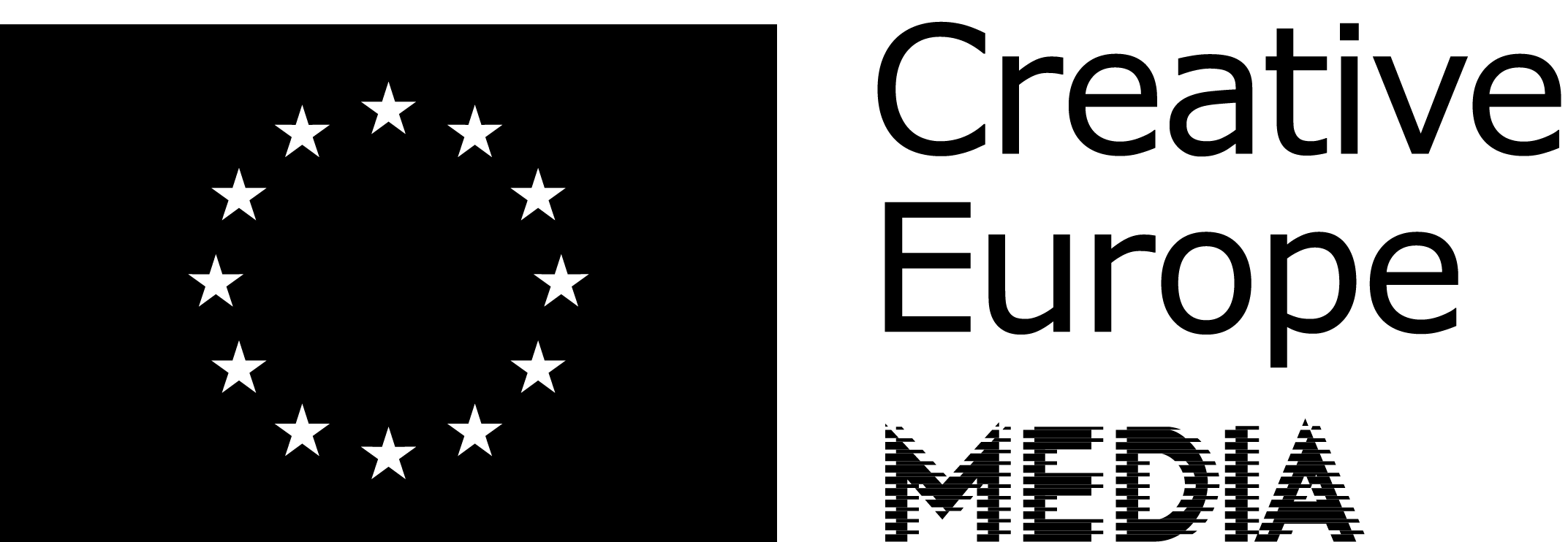
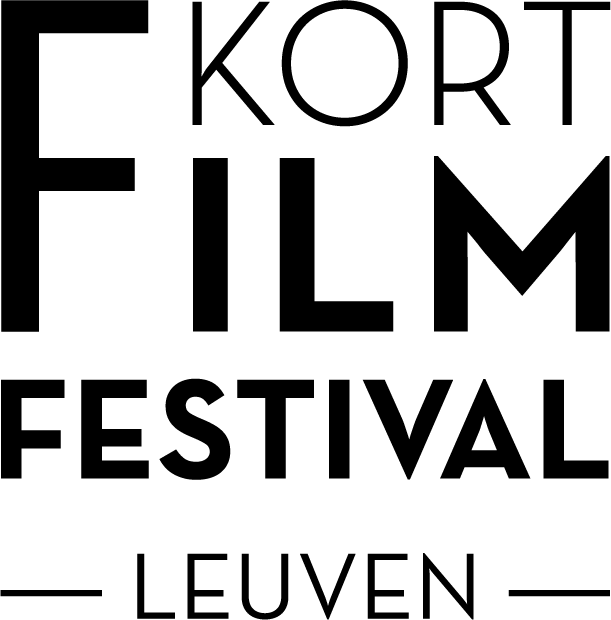
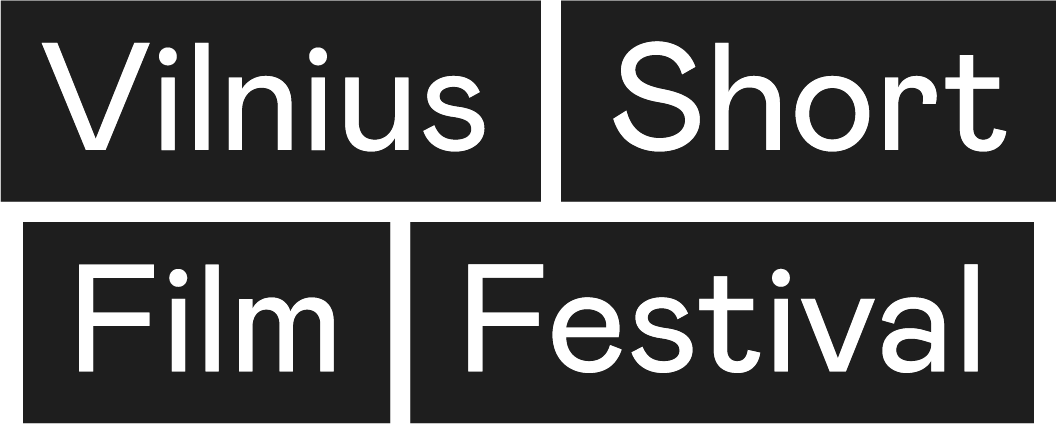
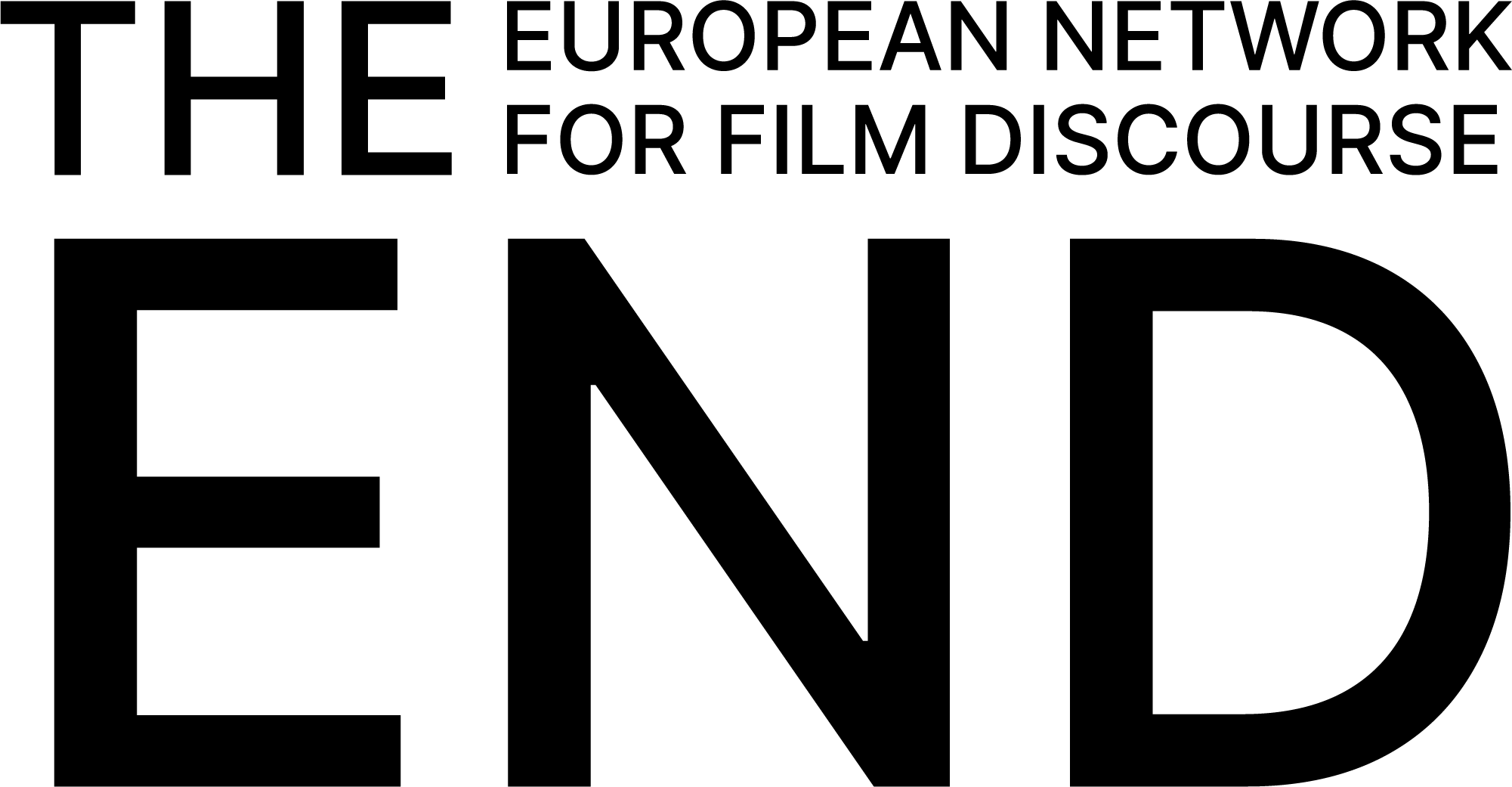
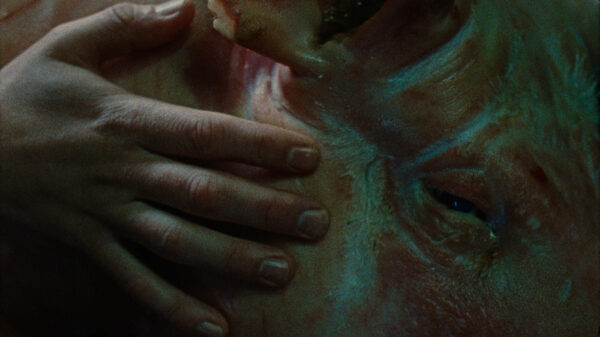
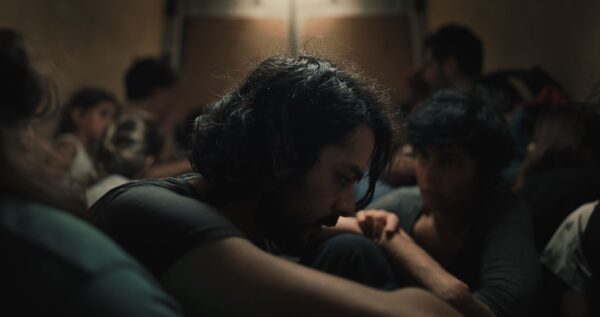
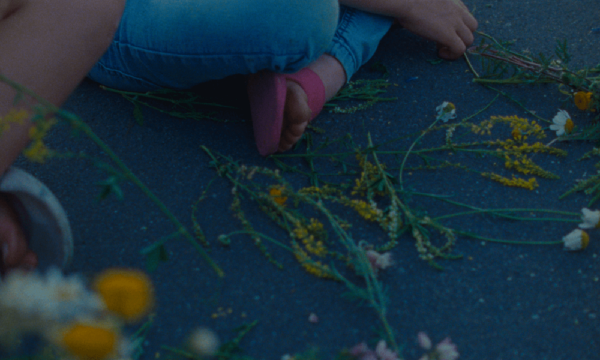

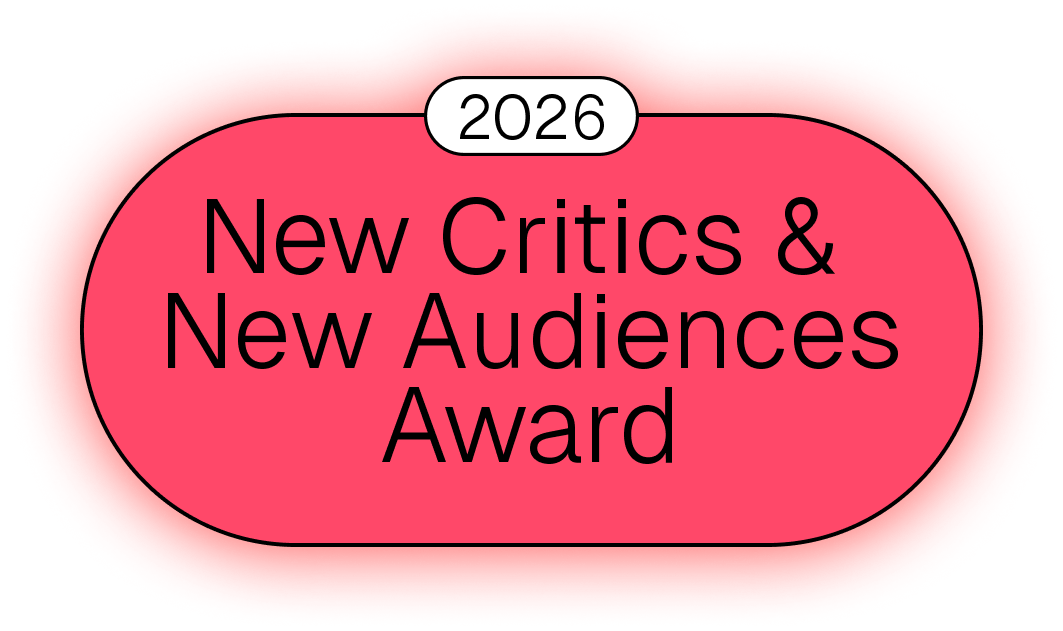
There are no comments yet, be the first!